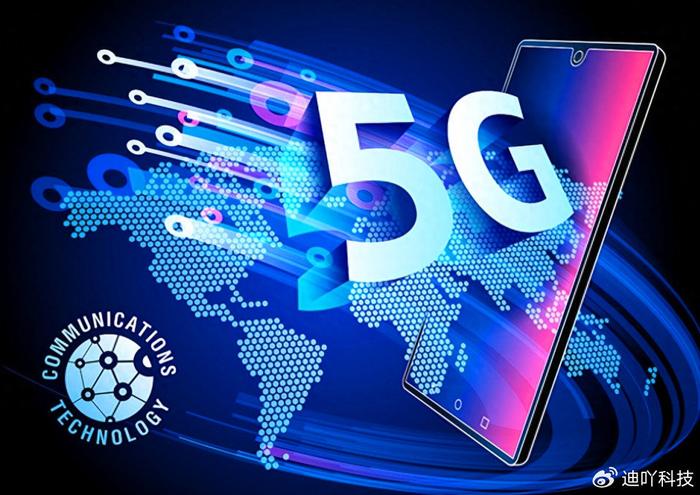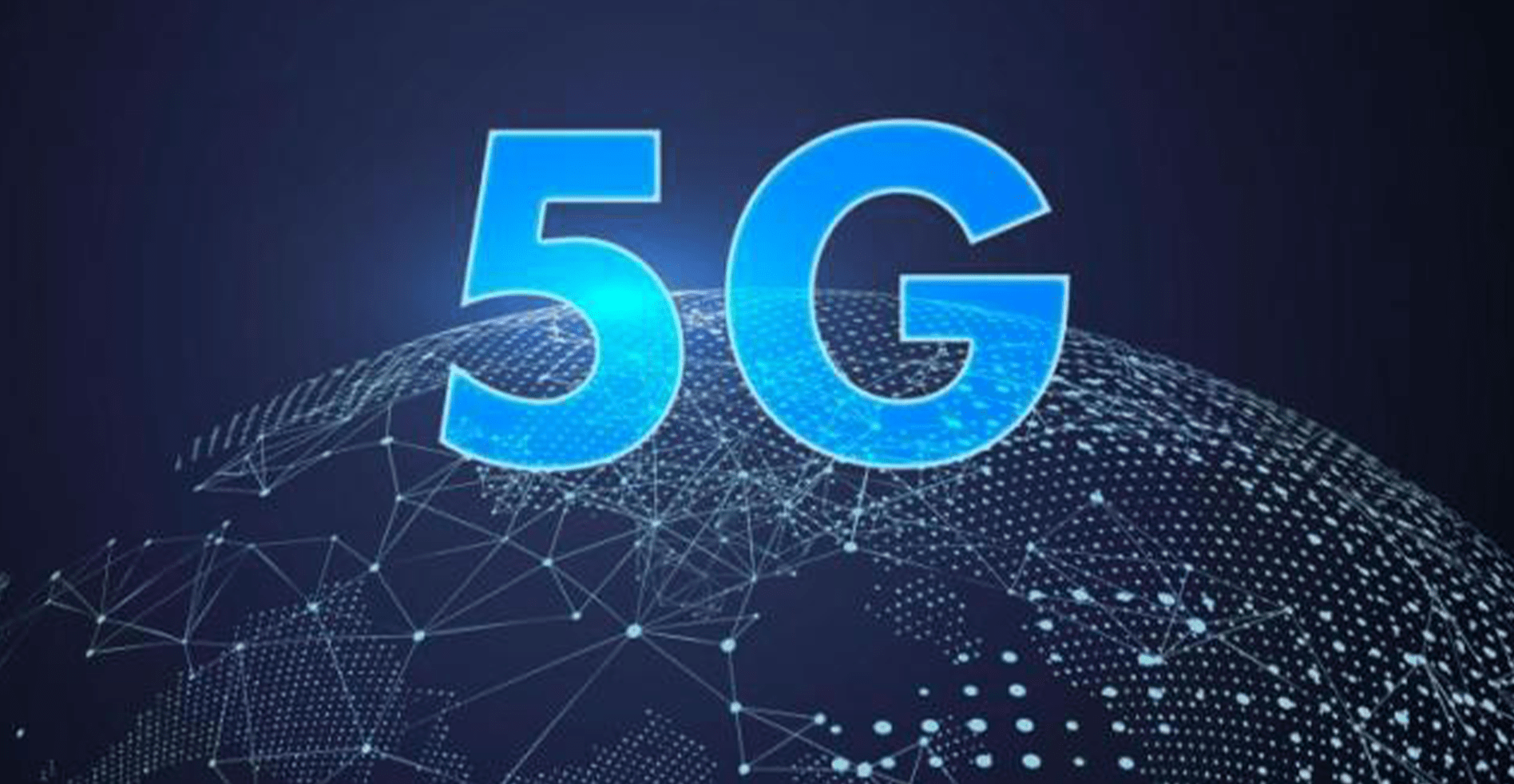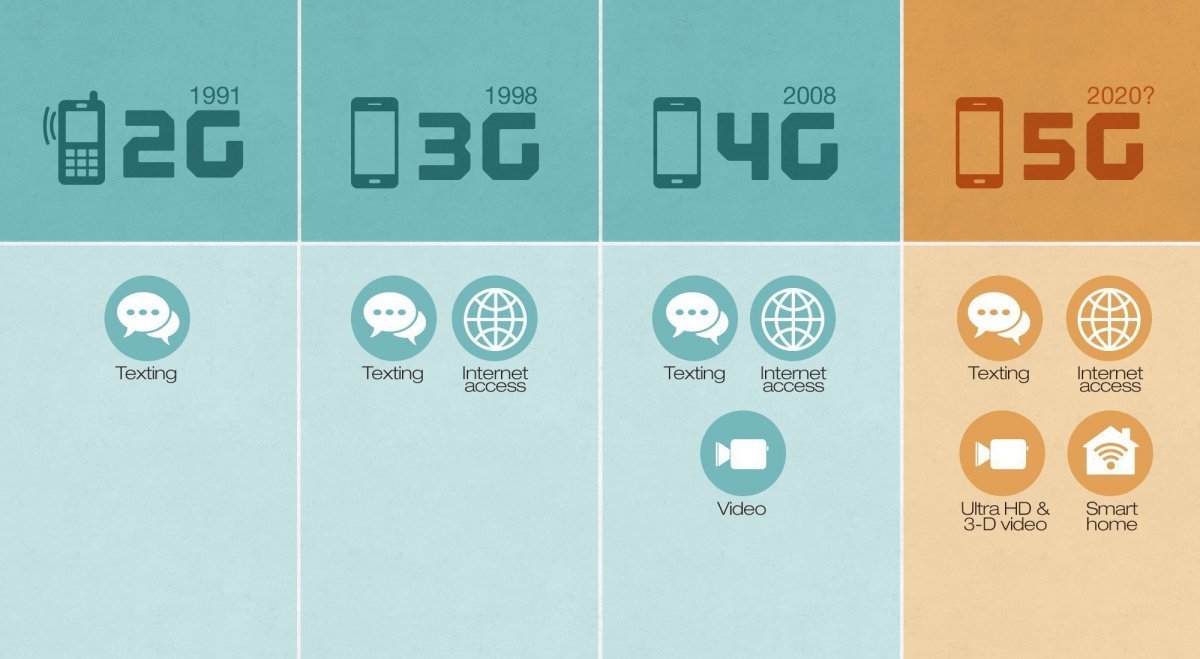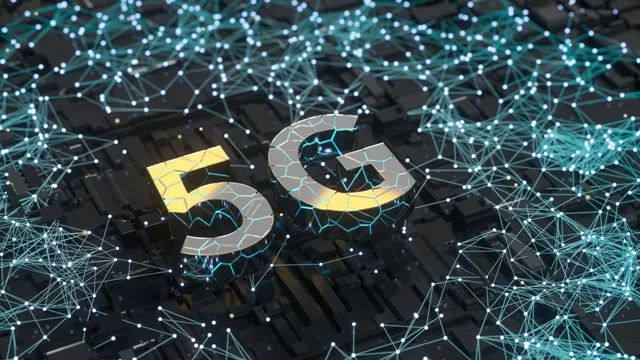The world of wireless technology is on the cusp of a revolution, and at the forefront of this transformation is 5G. But what exactly is 5G, and how does it differ from its predecessors? In this article, we'll delve into the world of 5G, exploring its capabilities, benefits, and the impact it's set to have on our daily lives.
What is 5G?
5G, or fifth-generation wireless, is the latest iteration of cellular network technology. It promises to deliver faster data speeds, lower latency, and greater connectivity than ever before. With 5G, users can expect to enjoy download speeds of up to 20 Gbps, which is significantly faster than the 100 Mbps offered by 4G. This means that 5G can handle a vast amount of data, making it perfect for applications that require high-bandwidth, such as video streaming, online gaming, and virtual reality.
Key Features of 5G
So, what makes 5G so special? Some of the key features of 5G include:
Faster Data Speeds: As mentioned earlier, 5G offers significantly faster data speeds than 4G, making it ideal for applications that require high-bandwidth.
Lower Latency: 5G reduces latency to as low as 1 ms, which is significantly lower than the 50 ms offered by 4G. This means that data is transmitted and received in real-time, making it perfect for applications that require instant communication, such as online gaming and video conferencing.
Greater Connectivity: 5G can support a vast number of devices, making it perfect for applications such as smart cities and the Internet of Things (IoT).
Improved Reliability: 5G offers improved reliability and stability, making it perfect for mission-critical applications, such as healthcare and finance.
Benefits of 5G
The benefits of 5G are numerous and far-reaching. Some of the most significant benefits include:
Enhanced Mobile Broadband: 5G offers faster data speeds, making it perfect for streaming, online gaming, and other bandwidth-intensive applications.
Massive Machine-Type Communications: 5G can support a vast number of devices, making it perfect for applications such as smart cities and IoT.
Ultra-Reliable Low-Latency Communications: 5G offers low latency and high reliability, making it perfect for mission-critical applications, such as healthcare and finance.
Real-World Applications of 5G
So, how will 5G impact our daily lives? Some of the real-world applications of 5G include:
Smart Cities: 5G can support a vast number of devices, making it perfect for smart city applications, such as traffic management and public safety.
Remote Healthcare: 5G offers low latency and high reliability, making it perfect for remote healthcare applications, such as telemedicine and remote monitoring.
Online Gaming: 5G offers faster data speeds and lower latency, making it perfect for online gaming applications.
In conclusion, 5G is set to revolutionize the world of wireless technology, offering faster data speeds, lower latency, and greater connectivity. With its numerous benefits and real-world applications, 5G is set to have a significant impact on our daily lives. Whether you're a gamer, a healthcare professional, or simply someone who loves to stream videos, 5G is set to change the way we live, work, and play.
Note: This article is based on the information provided by
PCMag and other reputable sources.








